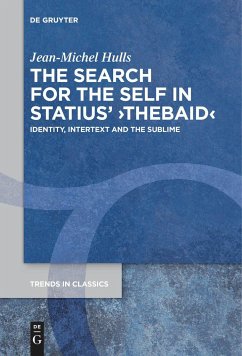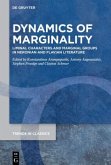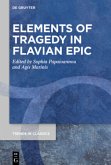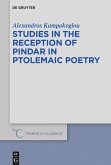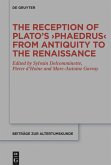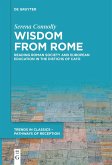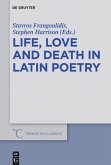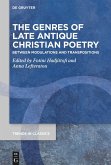The aim of this project is to provide a sustained analysis of the concept of 'self' in Statius' Thebaid. It is this project's contention that the poem is profoundly interested in ideas of identity and selfhood. The poem stages itself as a metapoetic exploration of the difficulties for a belated epicist in finding a place in the literary canon; it shows the impossibility of squaring large-scale epic poetics with small-scale, finely-wrought Callimacheanism; it reflects the violent disjunction between Statius' authorial pose as a poet without power and the extreme violence of his poetics; it opens up the intricacies of constructing original, coherent characters out of intertextual, exemplary models. The central tenet of the project is that Statius in the Thebaid stages his own 'death', but does so that his poem may live. This book is intended for an academic audience including undergraduate and graduate students as well as specialists in the field. Although the project will be of primary importance to readers of Flavian literature, it will also be of interest to those who study intertextuality and characterisation in Roman literature more generally, selfhood and identity in Roman literature and culture and the reception of Roman literature.
"As such, this book represents not only a significant contribution to scholarship on the Thebaid', but also a valuable addition to the study of ancient aesthetics and an inspiring model for future theoretically-informed studies of ancient literature. This is an academic work which is also a pleasure to read, and it will appeal to specialists and students alike." Elaine C. Sanderson in: BMCR, 2022.06.43

